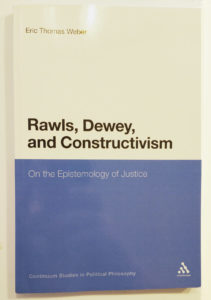
Keeping that in mind, I’m pleased to share with you the book review that has just been published of my first book, released in 2010, Rawls, Dewey, and Constructivism. It’s the first review of that book to come out in any of the major American philosophy journals, believe it or not. The book wasn’t ignored, I’m happy to say, having been reviewed very positively in 2011 in Notre Dame Philosophical Reviews. But, the Transactions of the Charles S. Peirce Society is a top notch outlet for one of my deep philosophical interests, namely American philosophy.
The best news about the review that has just come out is not any glowing language about my book. The tone of the review is very matter of fact and balanced. The fantastic thing is the quality of this review.
A good review has to tell you in some precise detail about the aims, structure, and substance of the book to be reviewed. It also should raise notes about both what were some strengths in the project and what could either be improved or extended in future work. In his review, Torjus Midtgarden of the University of Bergen has seriously inspired me in a highly unusual way. He’s made me want to return to the study of the subject of my dissertation.

Dr. Midtgarden was even handed, though generous in offering a thorough and precise understanding of the aims of my project. He also invited some thought and response about his comments on it that were pointed, but fair and intellectually provocative.
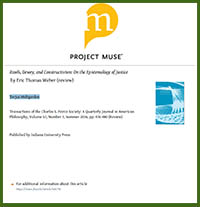


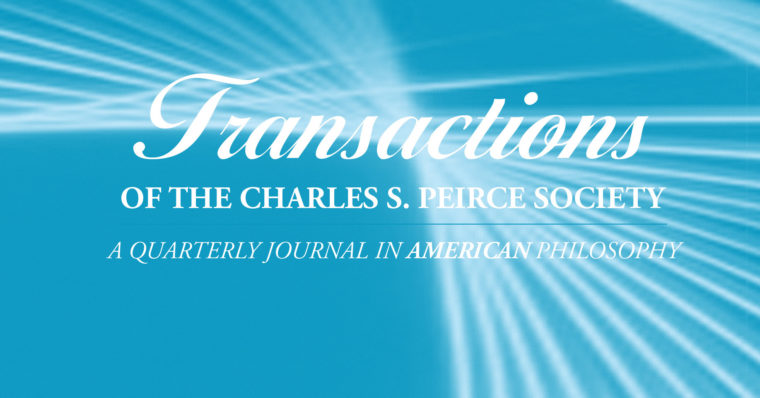
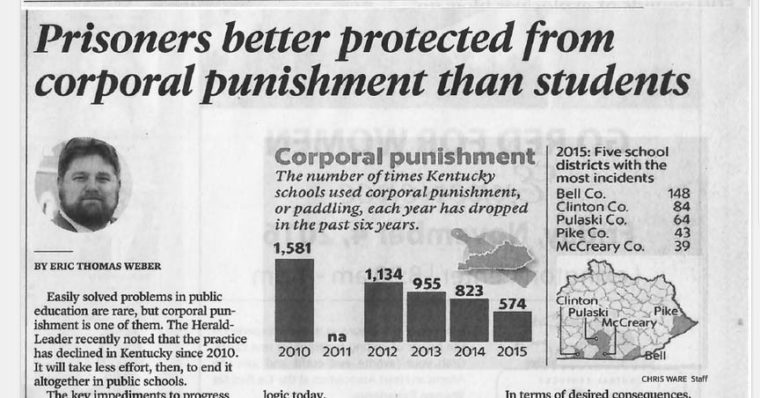

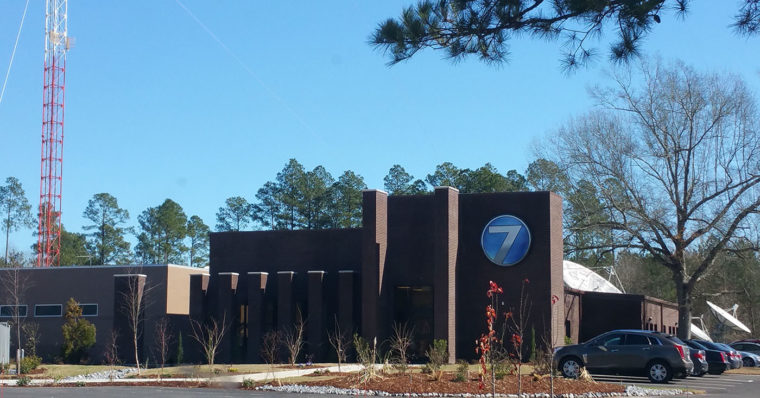
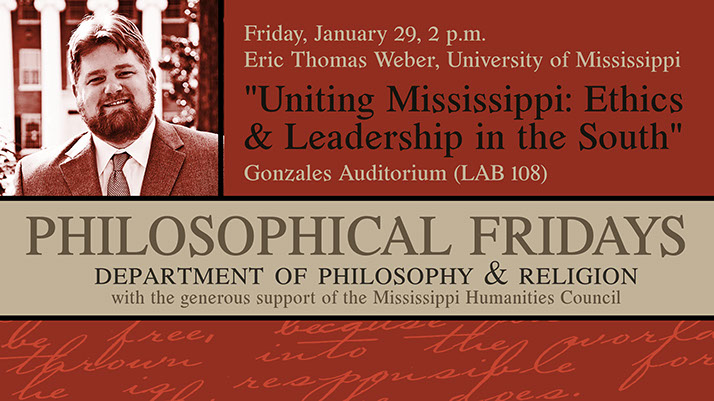

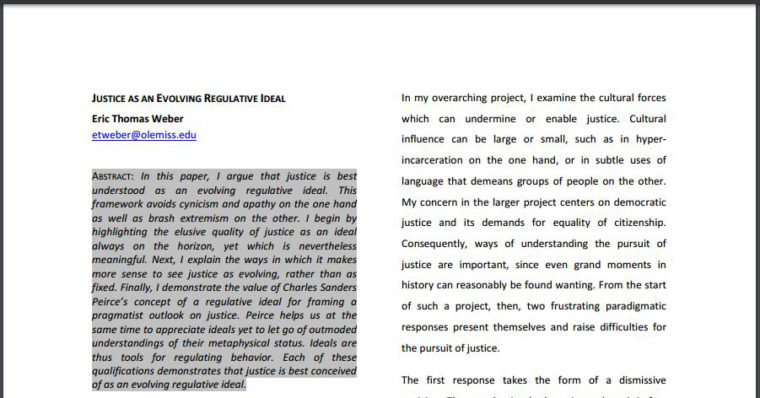

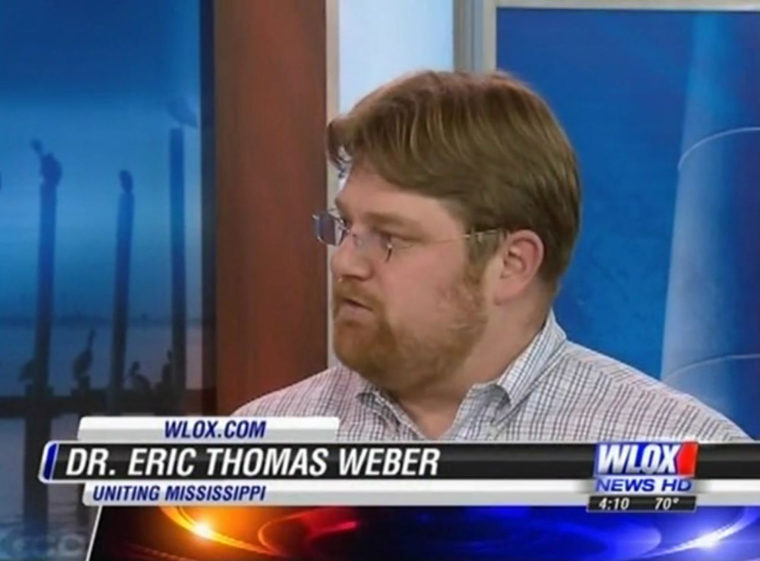


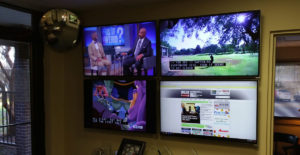
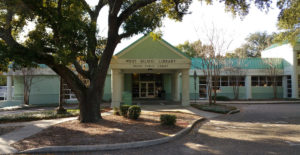


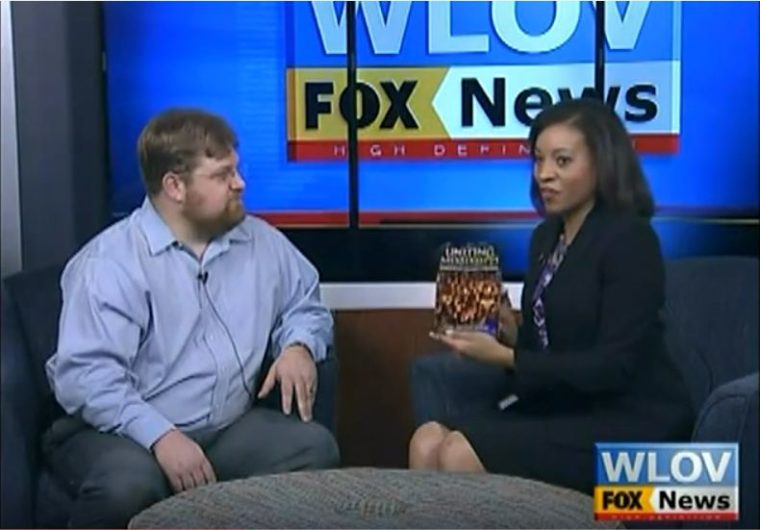


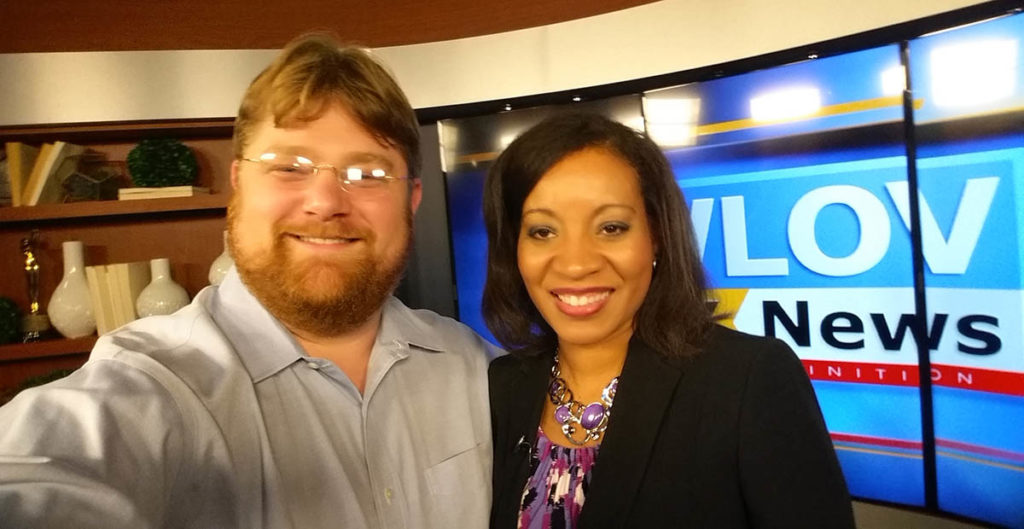
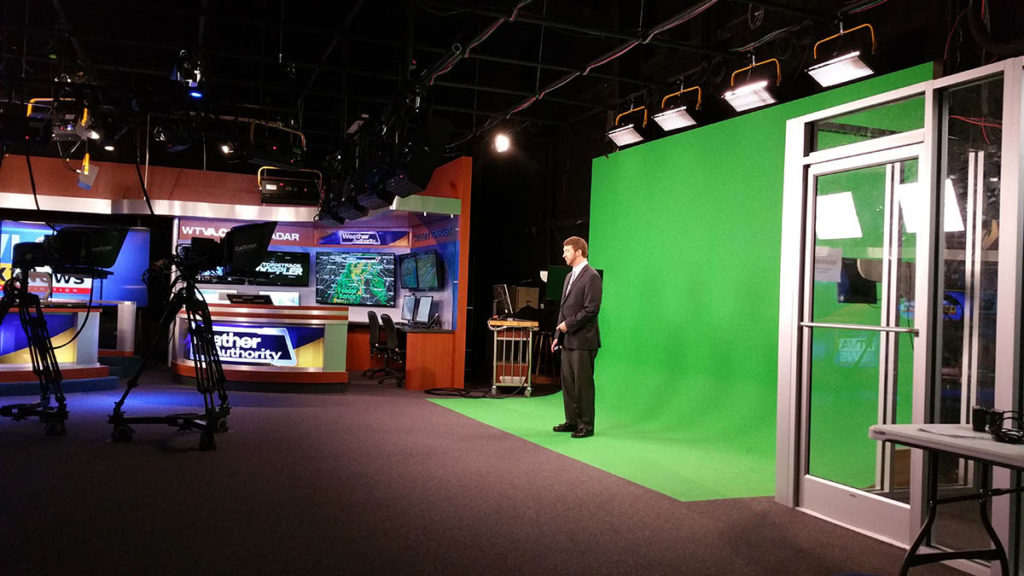
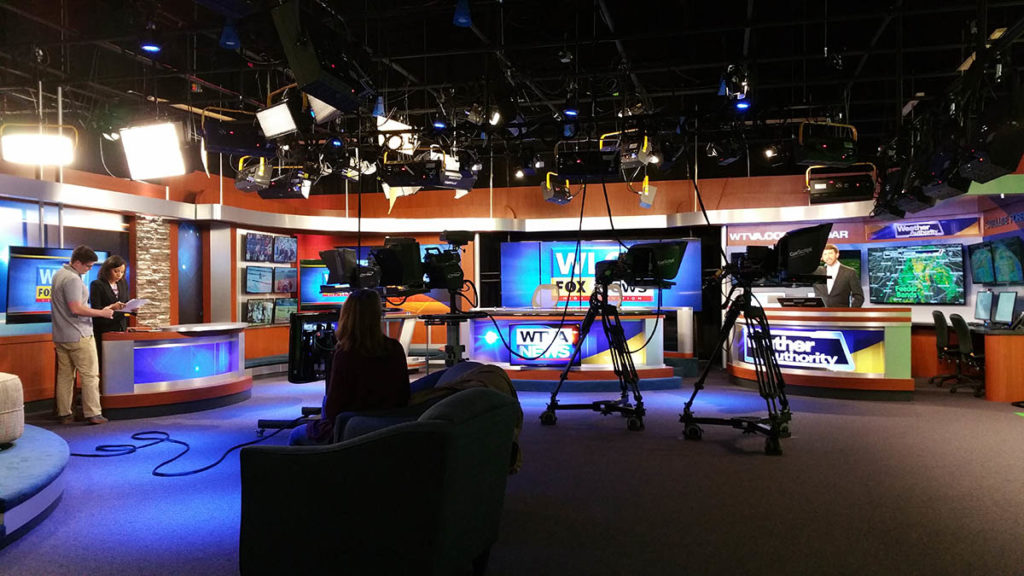


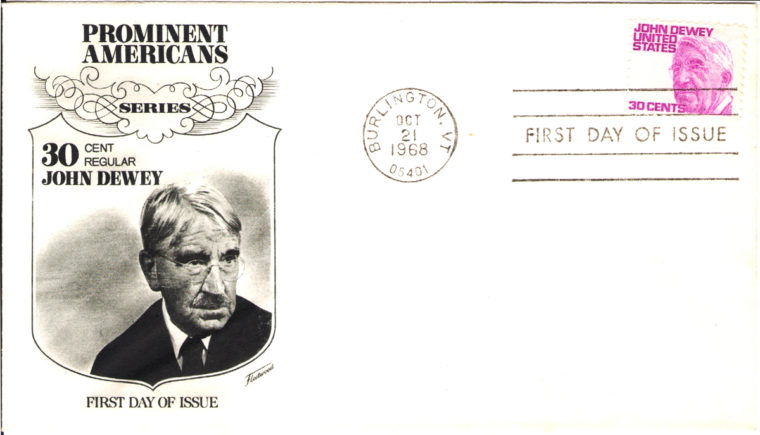





 About Me
About Me